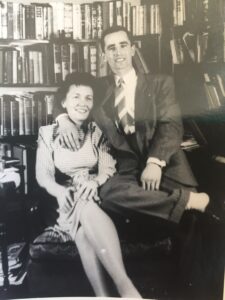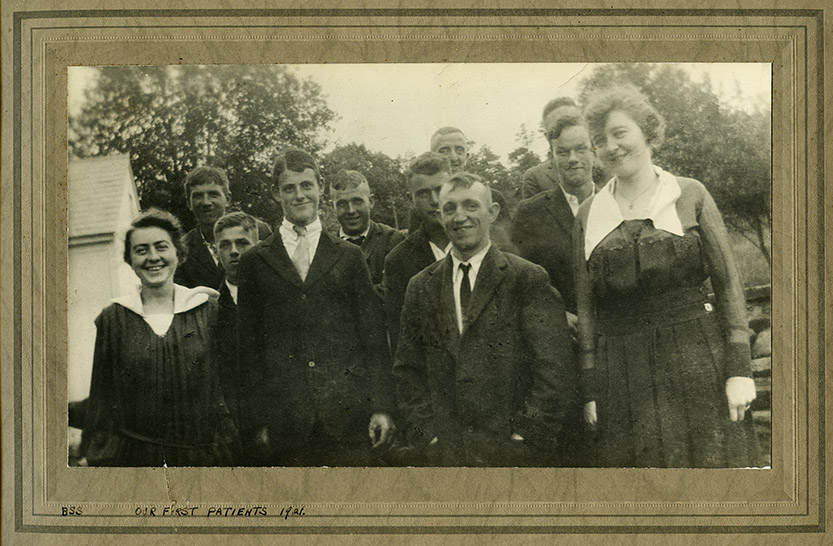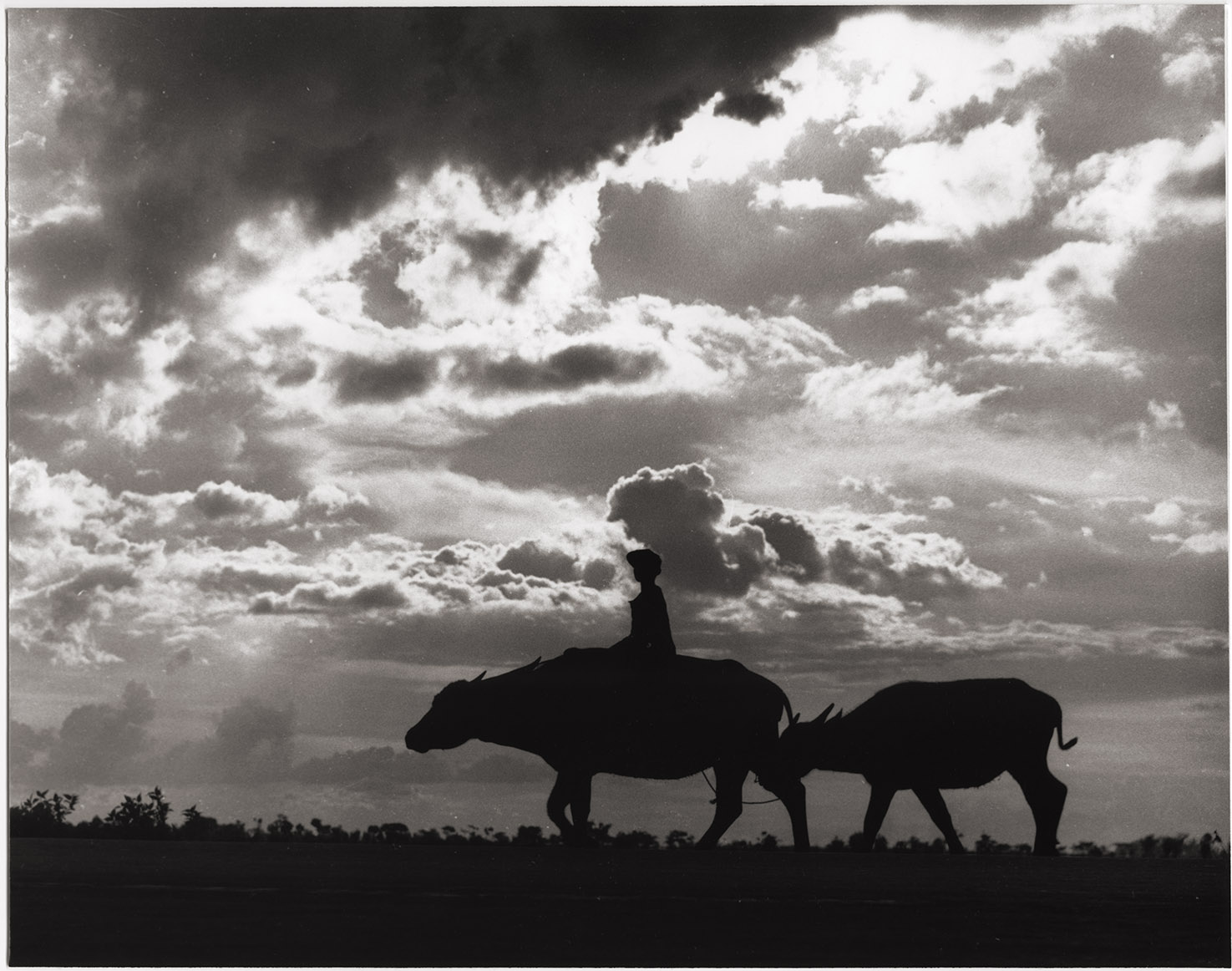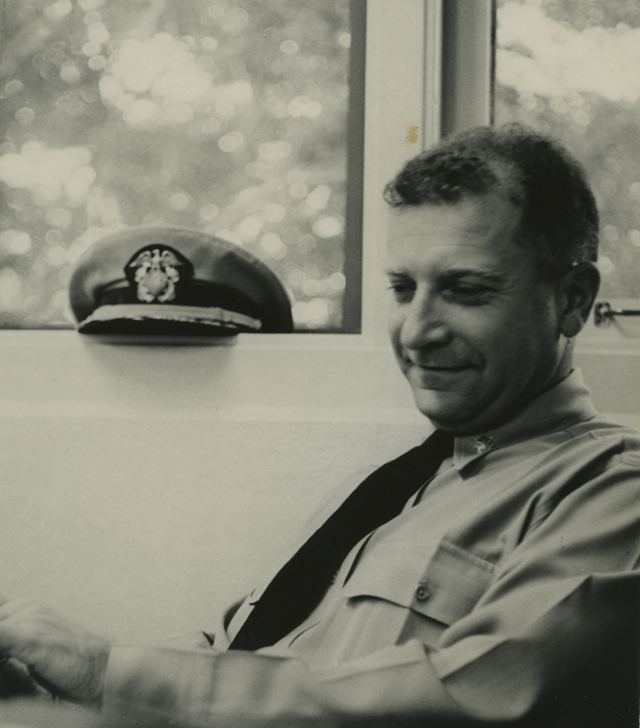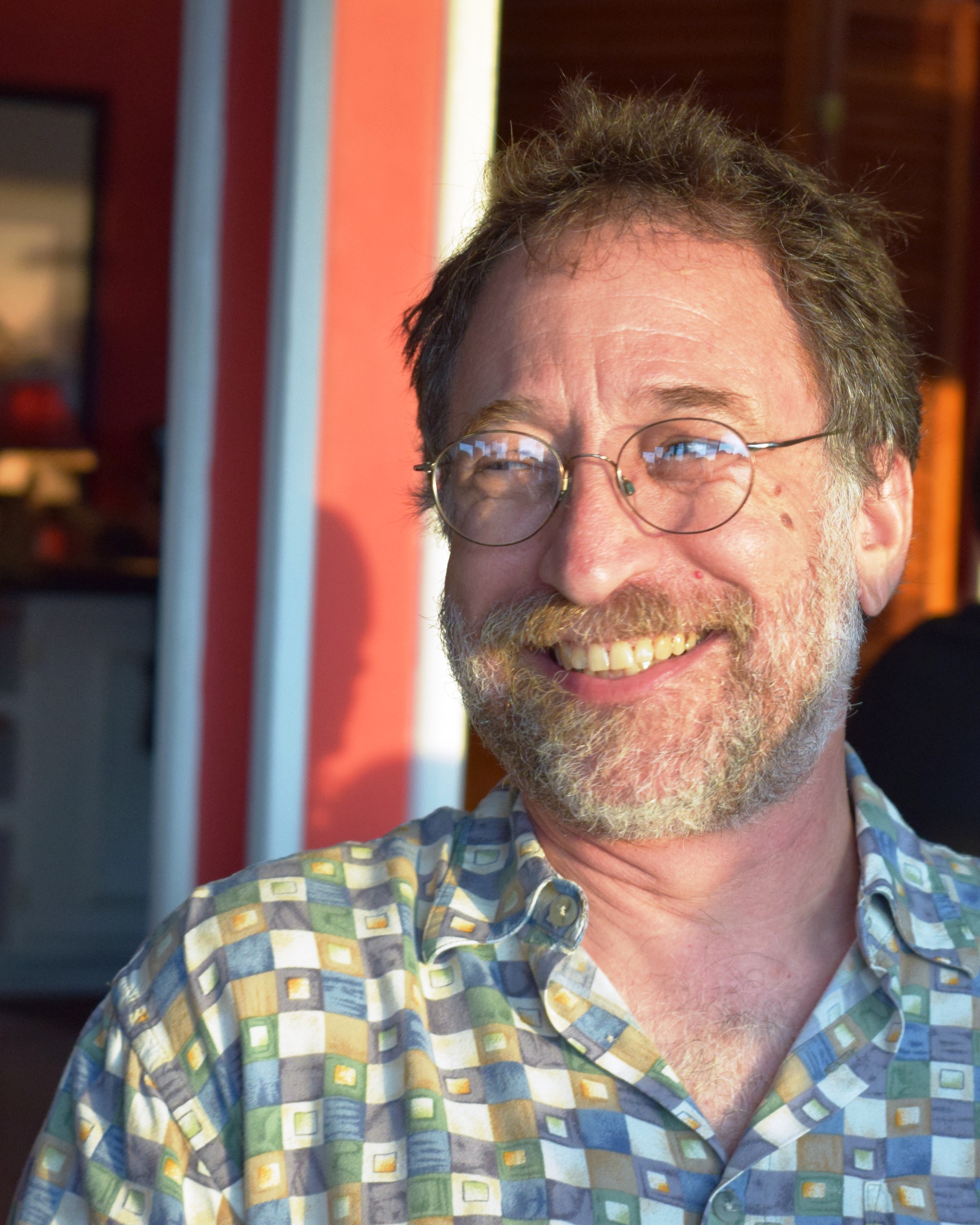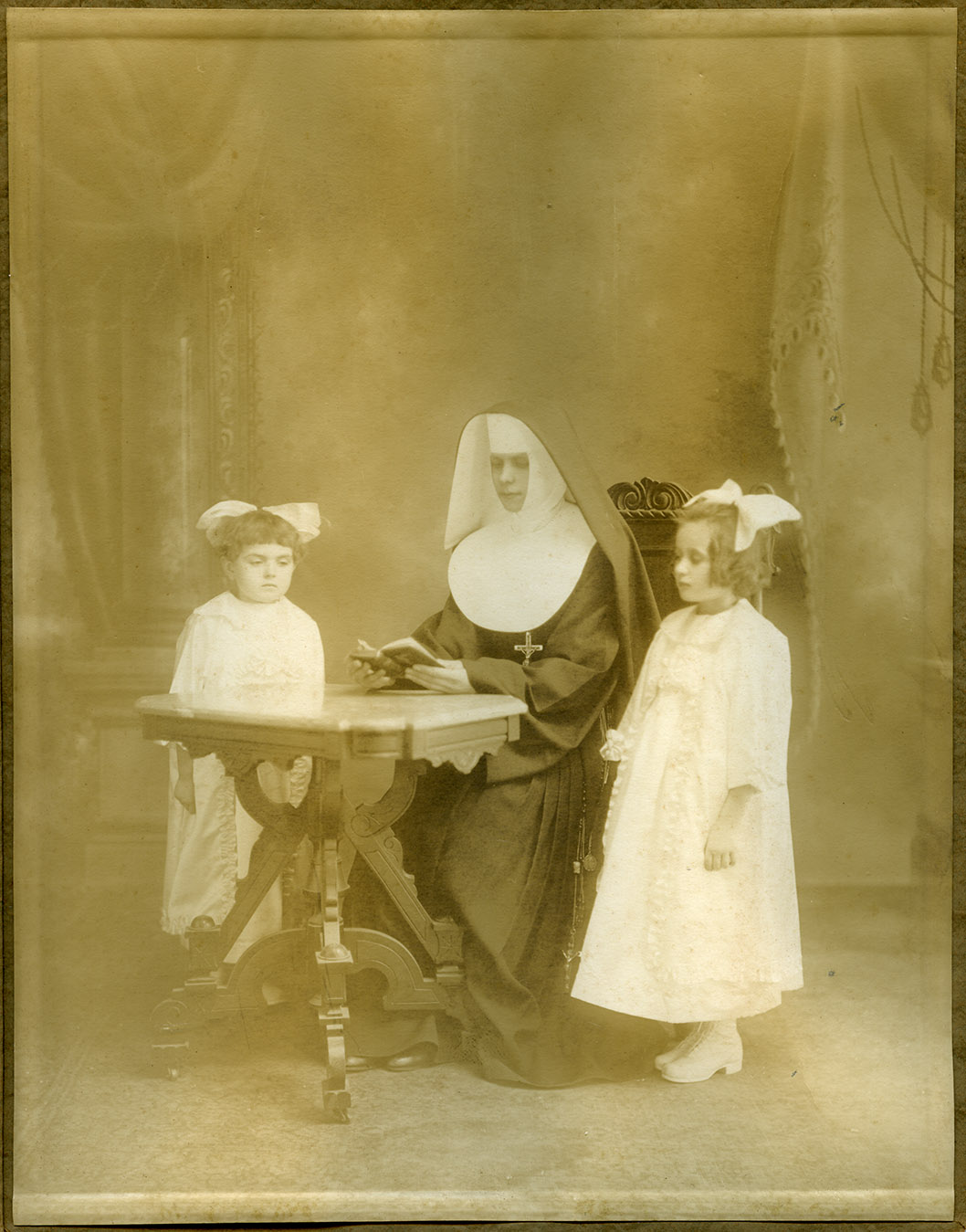Rocco and Barbara Verrilli Collection of Charles Lamb
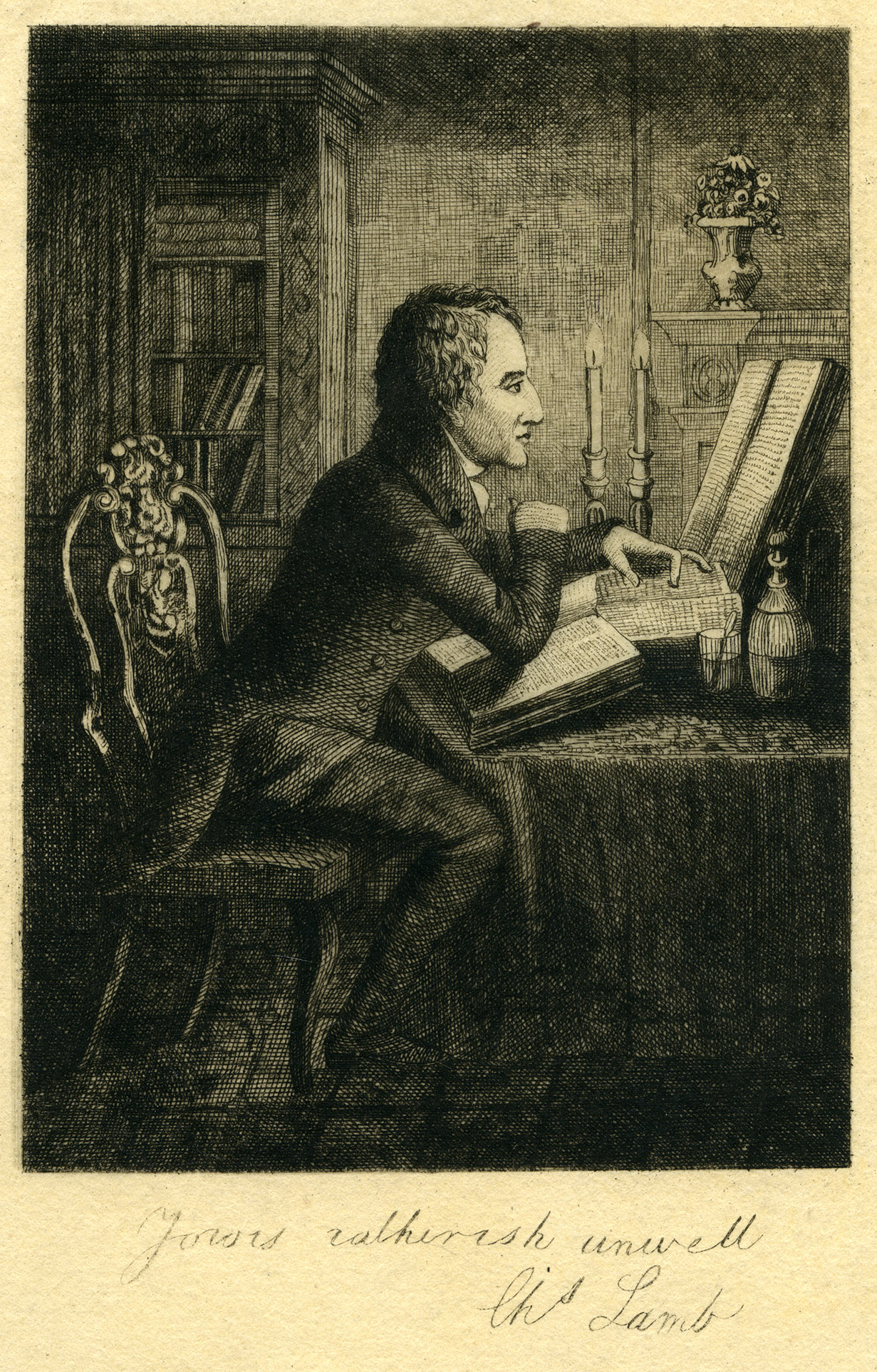
A poet, critic, and essayist, and close friend of Coleridge and Wordsworth, Charles Lamb was a popular figure in literary circles in late Georgian Britain. Born in London in 1775, Lamb began working in the accounting office of the British East India Company at the age of seventeen. Despite struggling with mental illness in his family, he built a reputation as a writer. With an elegant, eccentric, and somewhat antiquated style, he became known first for his poetry, but soon gained notice for prose and criticism. Written with his sister Mary, Tales from Shakespeare (1808) achieved notable success, however Lamb’s fame rests primarily on the essays he wrote during the 1820s under the pseudonym Elia. Lamb died from erysipelas on Dec. 29, 1833.
From the 1960s through 2010s, Rocco and Barbara Verrilli built this extensive collection of first and early editions of Charles Lamb’s writing. Among the volumes they acquired are Lamb’s personal copy of his first publication, Poems on Various Subjects; a rare copy of his first book for children King and Queen of Hearts (1806); and a presentation copy of his best known work, Elia (1823). The twenty-five manuscript items in the collection are particularly noteworthy. Displaying a characteristic combination of charm, wit, and insight, these include a long letter to Robert Southey discussing poetry; humorous letters to his admirer John B. Dibdin; an acrostic by Lamb on the name of Sarah Thomas; and two particularly fine letters to the poet Edward Dyer, including an eye-witness account of the agricultural rebellion known as the Swing Riots.


